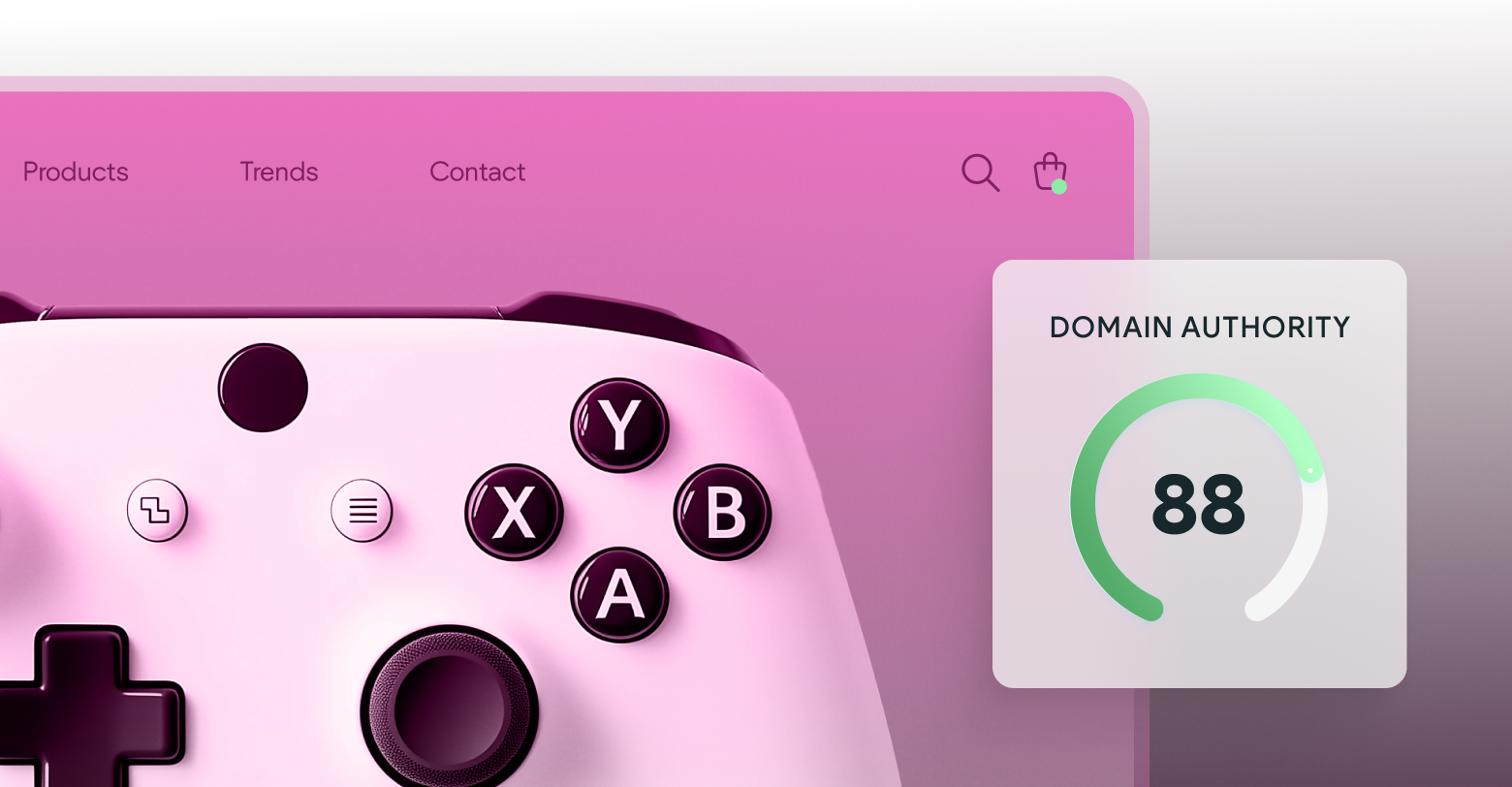It seems like a straightforward, universal process. You type the name of a website into a search bar, and wait as a little animation of a growing bar, or circle chasing itself, inform you that the site is loading. “Give me a moment,” it says. “I’m grabbing what you asked for.” However, though it’s pretty... (more...)
The post What is a CDN? appeared first on Duda Blog.
It’s easy to think of the internet as this gigantic, borderless, worldwide entity. And it is; but a website still needs to live in a single physical place. When you’re a website, “living” is called being “hosted” and where you’re hosted is called a “server.” So it may not exactly be the first thing you realize —
because as we all know technology can seem like pretty much just black magic —
but it makes a lot of sense that, if you’re in New York, it would take longer for a website that is hosted on a server in Japan to load than it would for one that’s hosted in Manhattan. A CDN helps to remedy this problem by keeping copies of your content (images, videos, CSS stylesheets, etc.) on a connected system of servers across a wide geographic range (some cover the entire globe). When someone attempts to access your website, they will be redirected to the server that is specifically meant for their geographic region; hence, the loading process is sped up significantly.
Why does speed matter? Have you ever been irritated because a website is taking forever to load? Yeah, we all have, and if a site takes a long time to load, there’s a pretty good chance your visitor is going to abandon it pretty quickly. Also, Google has been pretty clear that sites with faster average load times will show up higher in search results, which is, of course, great for your website/business’ visibility.
Another reason to use a CDN is crash resistance. Let’s say you own a few different retail stores across the country: one in California, one in Texas, and one in Maryland. You create your website, and it’s hosted in somewhere near Dallas, TX. So when anyone accesses your website, be it from CA, TX or MD, they’re all directed to the same server. Now imagine if hundreds of people are all doing this at the same time. The server could get overloaded with requests and, if that happens, the entire website would go down, which nobody (you or your visitors) wants.
Now that we’ve determined what a CDN is and why it’s important, you may be wondering, “Does Duda use a CDN?” Yes. Yes we do. Duda uses Amazon Web Services, which is an incredibly reliable, global CDN. However, not all CDNs work the same way and there are some key differences in how the various types operate, but that’s a post for another day. If you’re interested in learning more, subscribe to Duda’s blog today and look out for our next post where will dive into the differences, pros and cons, of each kind of CDN.








